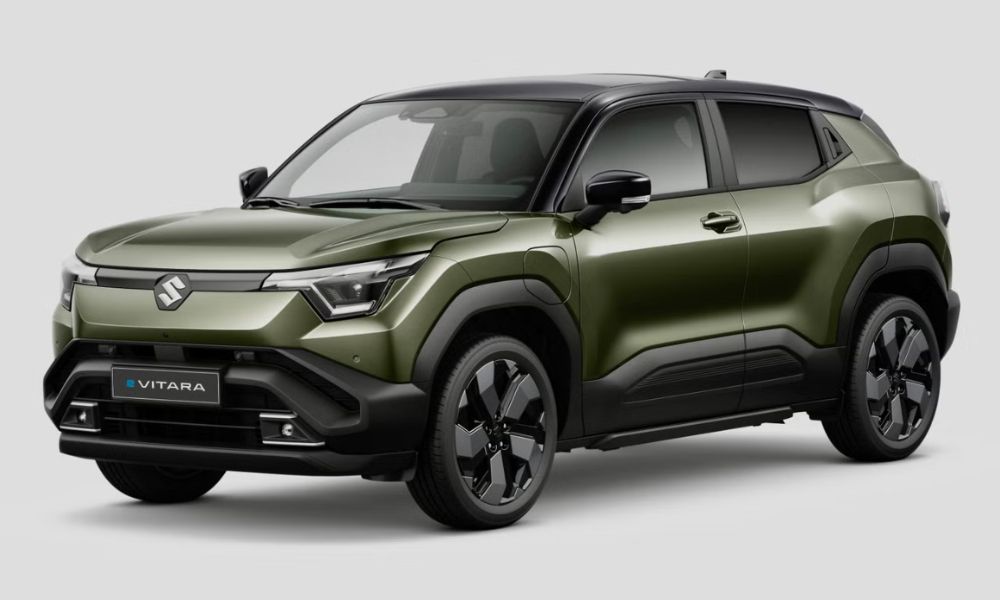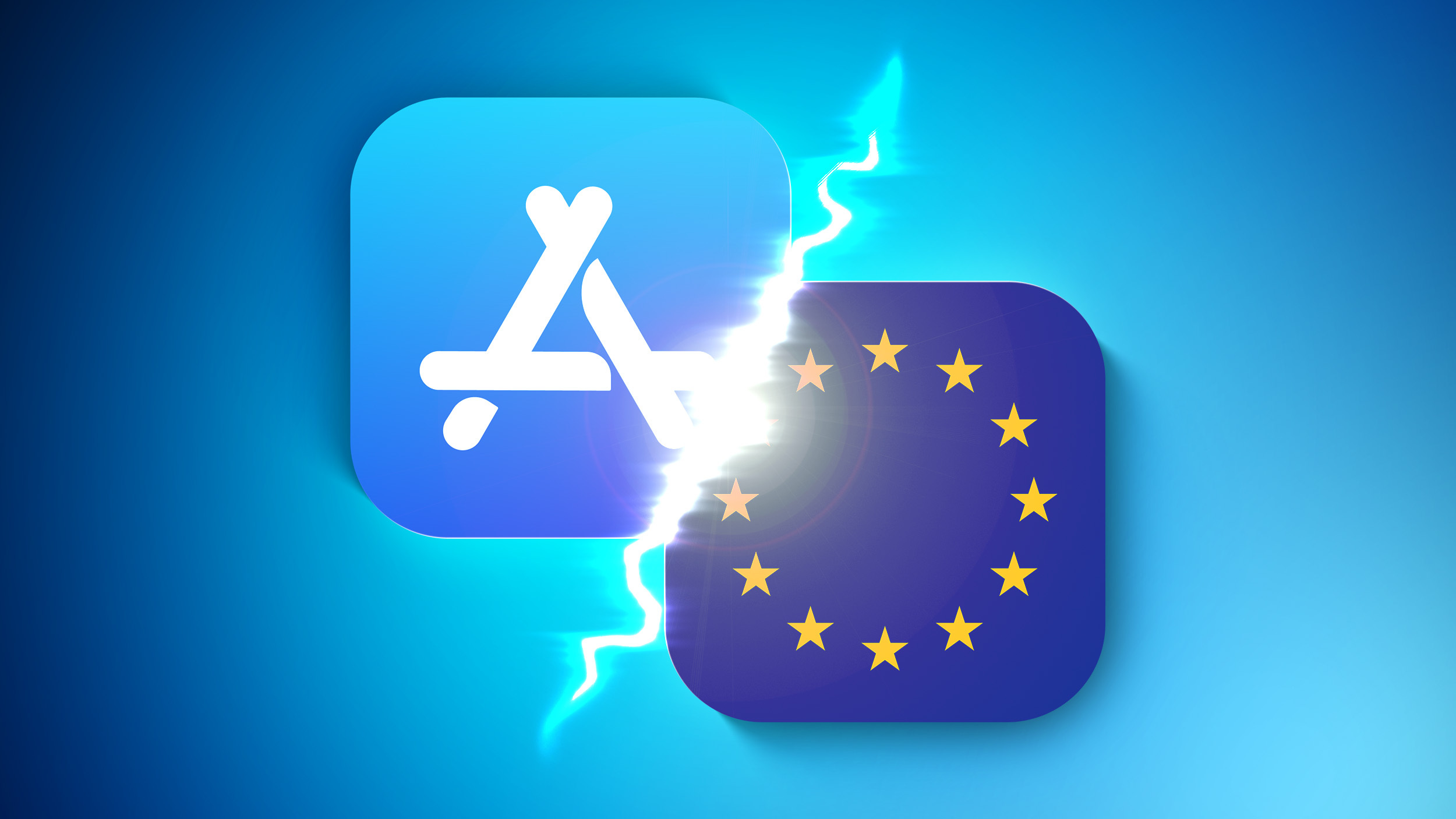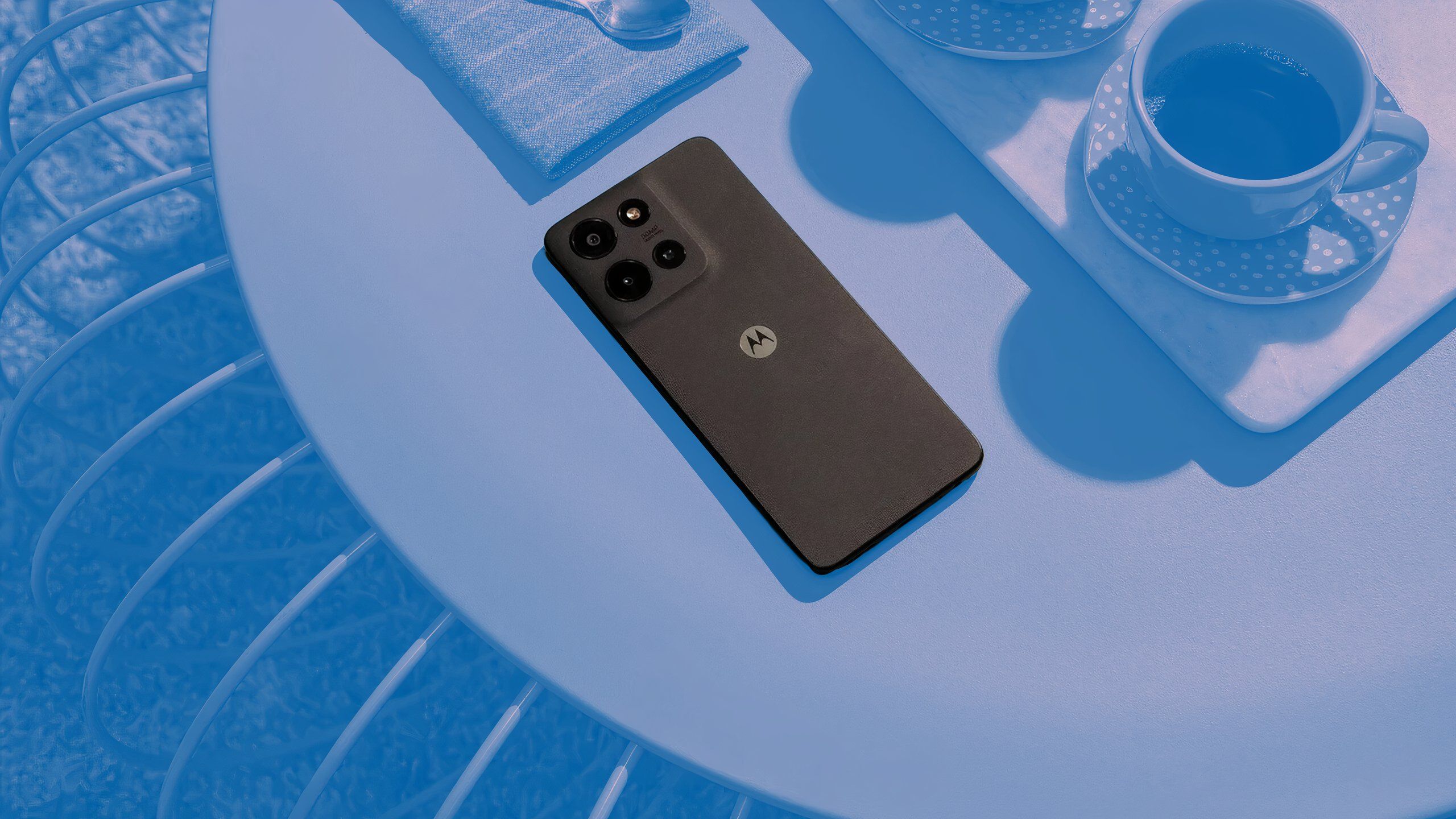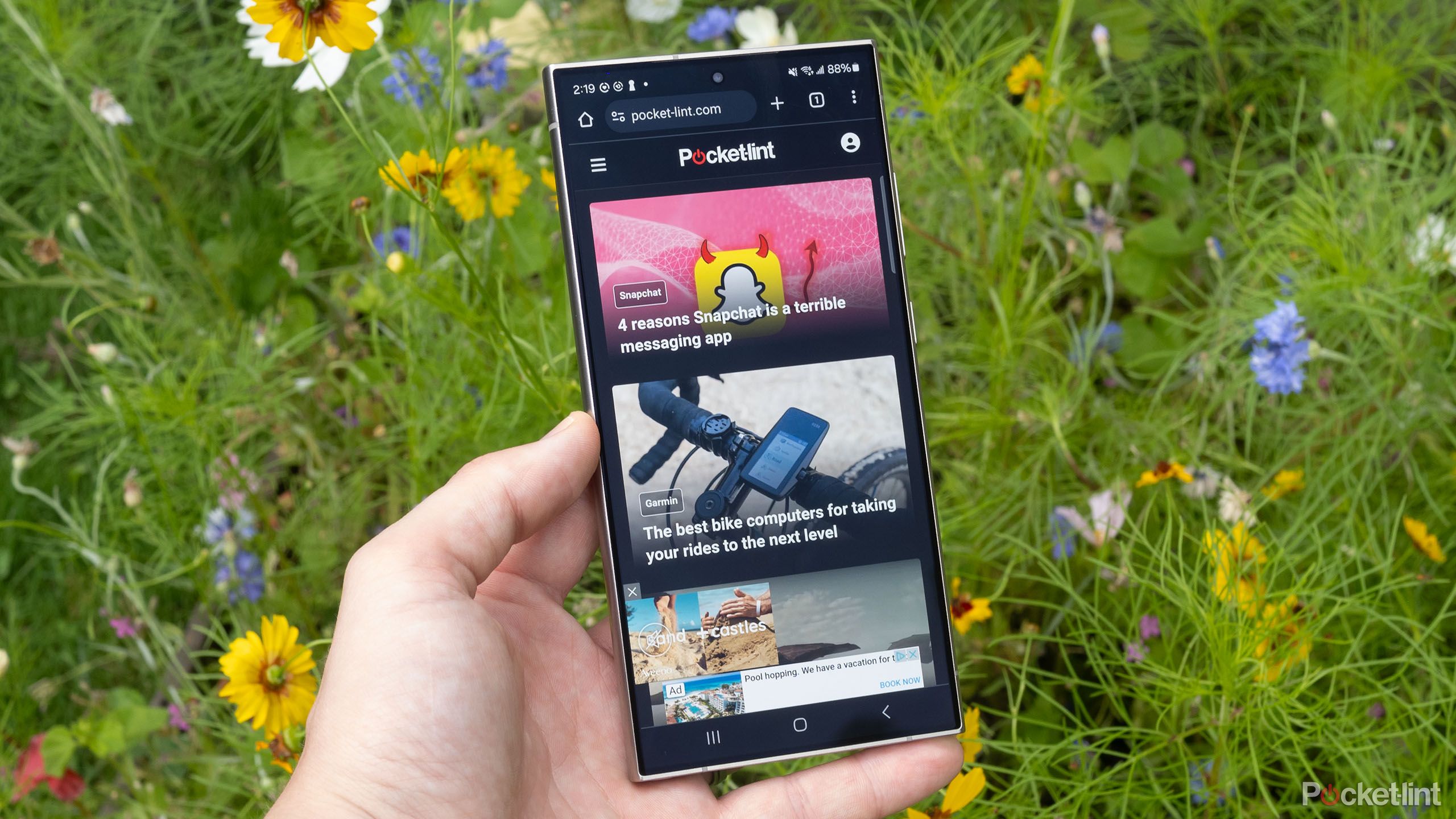Meta is scaling back support for the Oculus Quest, but your Quest 2 is safe for now
The original Oculus Quest is turning four years old this year – but far from throwing a birthday party for its groundbreaking VR headset, Meta is starting to withdraw support for the device, paving the way for its eventual demise.
In an email to Oculus Quest owners, Meta explained that it’s going to be dropping some of its support for the headset. The company says it won’t be bringing new features to the headset, Quest 1 users won’t be able to create or join parties, and, come March 5, 2023, you’ll lose access to Meta Horizon Home social features.
You’ll still be able to use your headset to play supported games, and Meta says it will continue to maintain the Quest 1’s software with critical bug fixes and security patches until 2024, but your headset’s capabilities are getting stripped back.
The news is certainly disappointing (with many fans expressing their anger on platforms like Reddit), but this moment has been a long time coming. Meta’s standalone headset was discontinued in 2020 following the launch of the Oculus Quest 2, so it hasn’t been available to buy new for some time. Plus, the company has released several experiences (including some of the best VR games) that are exclusive to its newer hardware – including the likes of Resident Evil 4 VR.
With the Meta Quest Pro also now available to buy, and yet another Quest headset – the Oculus Quest 3 – expected to launch this year, there are few reasons to stick with the original Quest; although that likely won’t soften the blow for the devoted Quest players who still adore their VR headset.
What does this mean for the Oculus Quest 2?
While this news is certainly disappointing for Quest 1 owners, many Quest 2 users may be left wondering what it means for their headsets – after all, the follow-up model is only 18 months younger, so does that mean it’s only going to be fully supported for a little while longer?
The Quest 2 is undeniably a capable headset – devices like the upcoming HTC Vive XR are still launching with the same Snapdragon XR2 chip in them – but many next-gen rivals have one thing the Quest 2 doesn’t: full-color passthrough. This feature allows headsets to facilitate much more realistic and engaging mixed-reality experiences, which blend real and virtual elements in the same space.
How long is left for the Oculus Quest 2? (Image credit: Shutterstock / Boumen Japet)
If mixed reality proves popular, and Meta wants to focus its attention on this emerging space, then it would likely want to strip resources away from its VR-only Quest 2 – resulting in the same loss of support the Quest 1 is seeing.
The Quest 2 has a few things going for it though, with one of the most important factors being its massive install base.
Back in April 2021, Meta (then Facebook) revealed that the Quest 2 had sold better in its first five months than all other Oculus headsets had sold in their entire lifetime, combined. Sales haven’t slowed down much since then either; market research has suggested that Meta shipped 8.7 million headsets in 2021, which is almost double the total number of VR headsets shipped in 2020 from all brands. Additionally, reports from July 2022 indicate that Meta had sold roughly 15 million Quest 2s since launch; for comparison, the PS5 was expected to have sold 20 million units in the same time frame.
As such, when Meta decides to sunset the Quest 2 it will upset far more people than it has disappointed over the Quest 1. If the Quest 3 doesn’t see the same huge adoption numbers as the Quest 2 then it likely won’t completely replace its predecessor for some time, which should help to delay the end of support for the Quest 2, as Meta likely won’t want to cull its massive install base.
That being said, we’d definitely recommend thinking twice before picking up a Quest 2. If you’re desperate to dip your toes into VR it’s definitely our top pick for people on a budget, but unless you’re getting a great deal, like the one we saw during Black Friday 2022 you might want to hold off and wait for the Quest 3 to launch. Not only should its components be better, but it should be supported for a good while longer too.
Looking for a non-Meta VR headset? Why not check out our picks for the best VR headsets across a range of brands?







